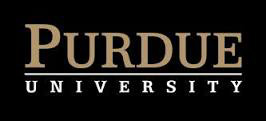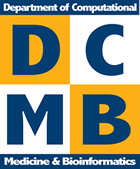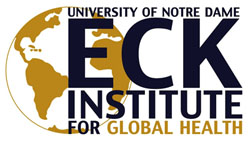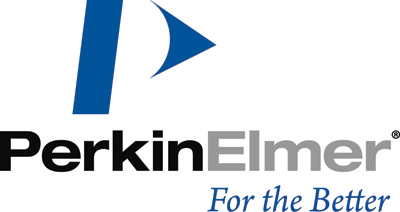
FASEB News - January 26, 2010
FASEB LAUNCHES NEW SERIES, HORIZONS IN BIOSCIENCE, WITH ARTICLE ON
ONCOFERTILITY
Bethesda, MD – The Federation of American Societies for Experimental Biology (FASEB) has
launched a new series, Horizons in Bioscience, to provide educational, one-page articles that highlight
cutting-edge scientific research on the brink of clinical application and describe the pathway of
discovery leading to the current day. The first in the new series, “How Biomedical Research Provides
Fertility Hope to Cancer Survivors,” discusses the latest findings in oncofertility, the preservation of a
women’s fertility following cancer treatment, and outlines some of the historic scientific achievements
in fertility treatment, from in vitro fertilization to cryopreservation.
Horizons in Bioscience is intended to supplement FASEB’s existing series, Breakthroughs in
Bioscience, which comprises longer, illustrated articles documenting how basic research discoveries are
translated into new therapies or medical technologies. “Breakthroughs in Bioscience examines
treatments currently in use by millions of patients and tells the stories of the science that underlie those clinical advancements,” said Carrie Wolinetz, Ph.D., FASEB’S Director of Scientific Affairs and Public
Relations. “Horizons in Bioscience provides the opportunity to explore exciting areas of science in the
very early stages of clinical research and use.”
Like the Breakthroughs series, Horizons in Bioscience will be available free of charge on our
website: www.faseb.org/Policy-and-Government-Affairs/Publications.aspx
To read the first edition of Horizons in Bioscience, please visit:
www.faseb.org/Portals/0/Content/Oncofertility%20Horizons%20article.pdf
FASEB is composed of 22 societies with more than 90,000 members, making it the largest coalition of biomedical research associations in the United States. FASEB enhances the ability of biomedical and life scientists to improve—through their research—the health, well-being and productivity of all people. Our mission is to advance health and welfare by promoting progress and education in biological and biomedical sciences through service to our member societies and collaborative advocacy.





